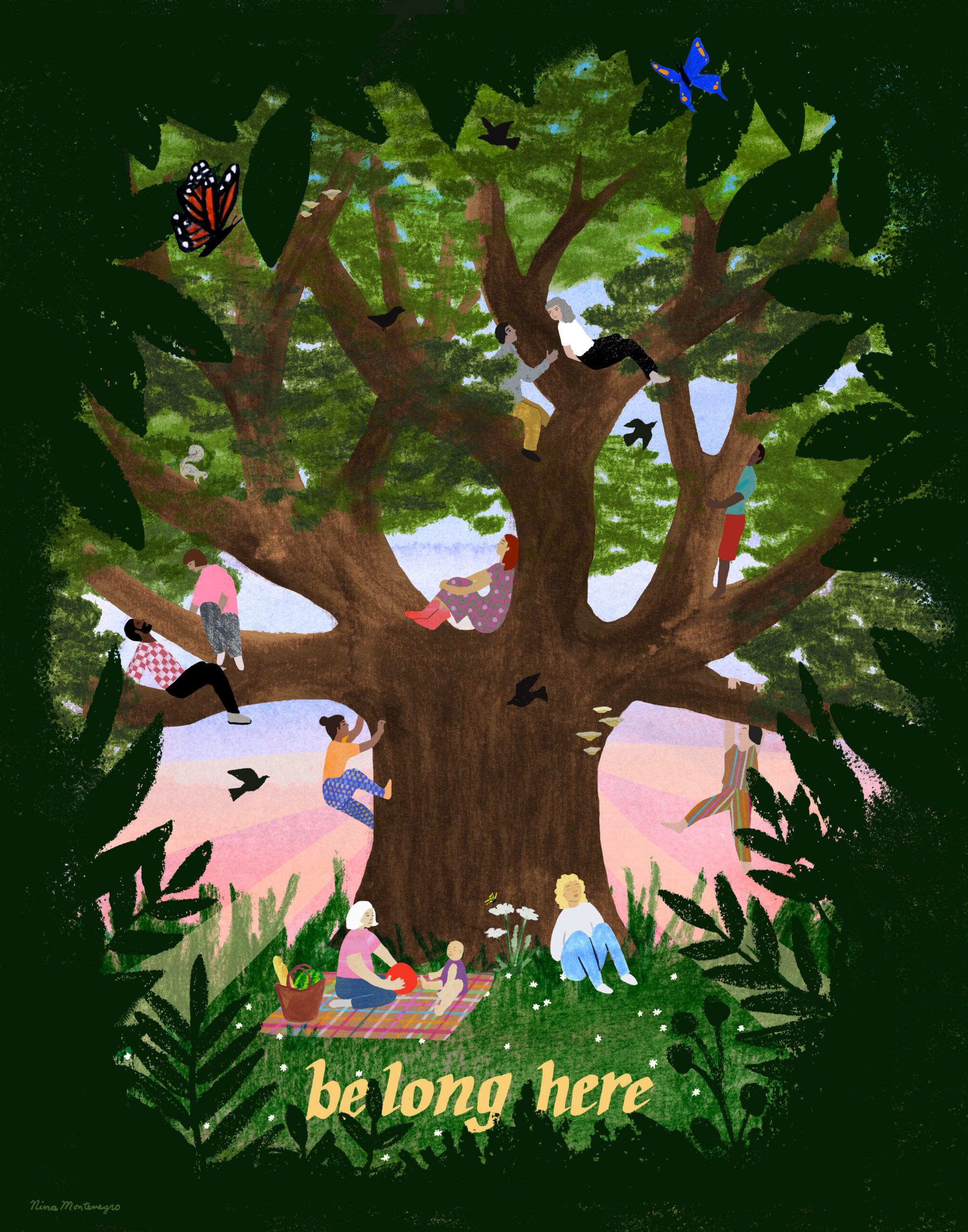
EcoGather was a co-sensing and learning community.
Together, we helped each other make and sustain our paradigm shifts. The vast majority of us didn’t learn how to show up for the predicament we’re facing. So we gathered to help each other move from collapse awareness (and fear) to collapse responsiveness (and courage). Together, we figured out how to simultaneously be alive in a world of endings and weave the more beautiful world(s) our hearts know to be possible.
EcoGather’s courses are still available for free for people who treat the exhausted earth with reverence and want to reclaim the human story. Find hope in each other, and explore the resources necessary to engage meaningfully in your place and community.
Paradigm Shifts



